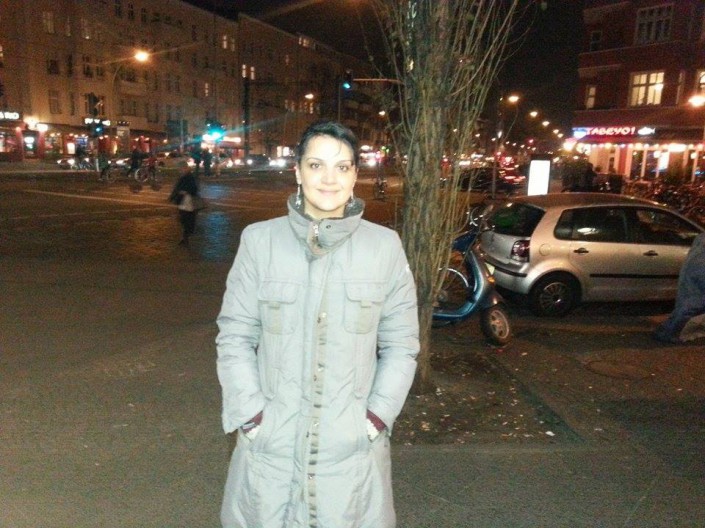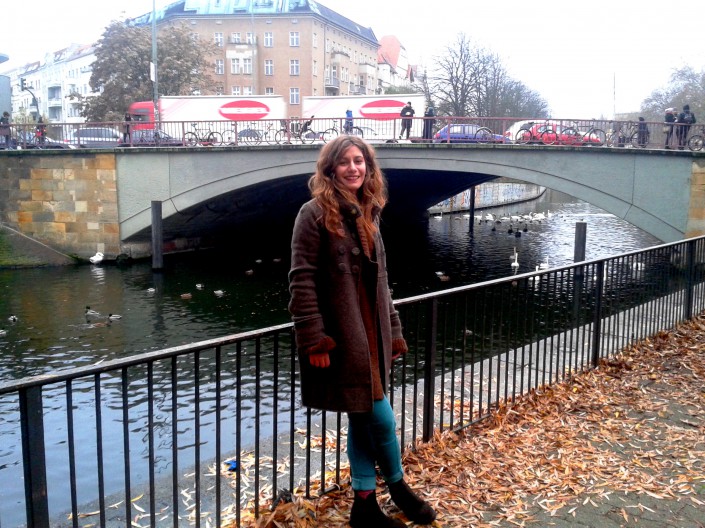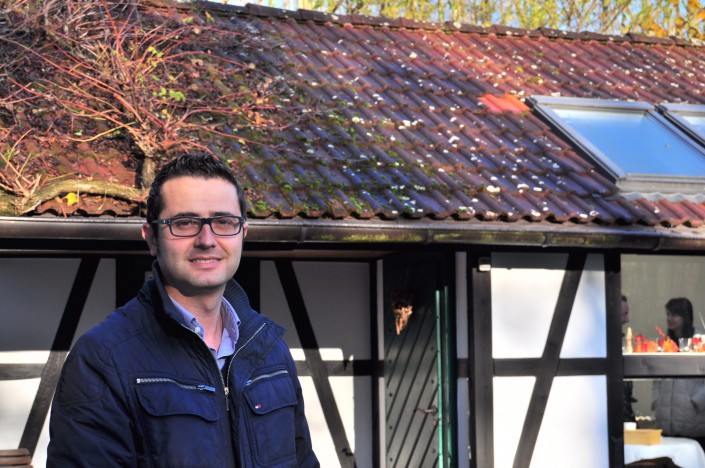Share this story
The Facts
- In the past couple of years, over half a million young Southern Europeans have left their home countries. Many of them have migrated to Northern Europe, including Germany. As a result, Southern European countries are losing well-educated citizens. This „brain drain“ could hurt their future.
- With the help of an online survey, the project „Generation E“ has already collected over 2000 stories from young Southern Europeans. Many of the have left their homeland to study abroad or find a new job. Around half of the project participants have not registered as emigrants. Therefore, the official numbers of the statistics bureaus are far too low.
- CORRECT!V is the German project partner for „Generation E“ and is publishing the stories of eight young migrants who have moved to Germany from Portugal, Spain, Italy, and Greece. The stories will be released in cooperation with the taz. Over the next few weeks, CORRECT!V will continue on this tumblr to feature even more tales of migration.
TIME TO READ: ABOUT 10 MINUTES
Hundreds of thousands of young people have left Italy, Spain, Portugal, and Greece over the last few years, moving to Northern European countries like Great Britain or Germany. To shed light on this massive wave of migration, a team of European journalists started a cross-border collaborative project. Up to almost 2000 young migrants participated.
The freedom of movement in Europe, cheap travel options, the Erasmus exchange program and new communication technologies have deeply influenced Europeans’ lives, expanding their travel horizons and blending different cultures. The economic crisis that hit Europe in 2008 did the rest. More than half a million young migrants left the their Southern European home countries.
In Portugal alone over 200,000 young people between the ages of 20 to 40 have left the country since 2010. Last year the numbers, for the first time, topped the migration figures from the late sixties, when Portugal suffered from post-colonial wars. To put this into perspective: considering a similar migration rate, over 1,6 million young Germans would have left their home country since 2010.
In Italy, more than 135,000 young people left their country in the last four years and Spain counts almost the same number of young migrants since 2008. Only the statistical office in Greece doesn’t have count their migrants.
What are the destinations of the South-European migrants?

Intra-European migration flows are complex to investigate, mainly because young migrants tend to not document their journey. The ongoing collaborative crowdsourcing project Generation E collects these stories of South-European migrants, their educational level, the driving-factors behind their choice and their inclination to return home.
Almost half of the respondents of the Generation E project said that they did not register with the consulates and foreign offices of their home countries. This means that hundreds of thousands of people have not shown up in official figures in recent years.
“A critical issue for people who leave Italy and subscribe at the official register of Italians living abroad is that they will lose their health assistance in Italy”, the Observatory of Italians in Berlin explains. Spanish sociologist Amparo González confirms the problem. “To have better data, migrants should be positively motivated, not like in Spain where people who register after three months abroad cannot meet their personal doctor any more.”

The team of journalists analyzed the driving factors that brought the migrants to leave their countries. Besides unemployment and work-related issues there are other major factors that trigger migration from South to North. Many Italians, for example, choose to follow their personal ambitions and leave Italy to broaden their horizons. There are young expats who leave to study abroad or those who fall in love. Some organizations estimate that the rate of migrants with graduate degrees has increased over the last few years. If true, this creates an additional long-term problem for the Southern countries.
The previous and new EU commissioners for Education, Culture, Multilingualism and Youth haven’t returned our requests for comments on migration related issues.
The young European migrants cling to their home countries. Asked if they think they will return at some point, the most common response was “I hope so”. Meanwhile, more expats feel like they are going back in around ten years, rather than within one year.
The narratives submitted by the almost 2000 expats who have participated so far show that many of the migrants share the Erasmus experience – the European university exchange program started in 1987. It seems that those who spent one or two semesters abroad are more likely to move across the continent. Many of the respondents feel like “European citizens”.
Questionnaire
The project is still collecting stories in collaboration with CORRECT!V with the goal of strengthening the dataset and getting a better picture of the Generation E. The idea is to tell the migrants stories both in the countries they are from and in those they moved to. The project wants to give a look into a new European reality. You can read the form in six different languages on generatione.eu.
Eight of the migrants who moved to Germany told us their personal story. They now work in Germany as academics, developers, artists or architects. Click on the pictures and read their storys in German, English and in their native languages.
Become a Member
You’ve got information for us?
Interested in more Stories?
Become a member
Steal our Story
Help yourself! CORRECT!V is a non-profit newsroom. We want to uncover wrongdoing to change society for the better. To achieve this goal, we need as many people as possible to read our stories. Therefore we are happy if you make use of our stories by taking, republishing or sharing them. It doesn’t matter if you’re a local blog, an online-platform, a newspaper or a radio station: take it, for free. There is only one condition: We want you to notify us at info@correctiv.org. That’s important for us and our supporters. If you have a question, don’t hesitate to contact us via E-Mail. Thanks!
Do you want to use our map above for your print product or your web page? Feel free to download the graphic for every country here. There you can find as well the iFrame codes (German+English), if you want to embed it.









